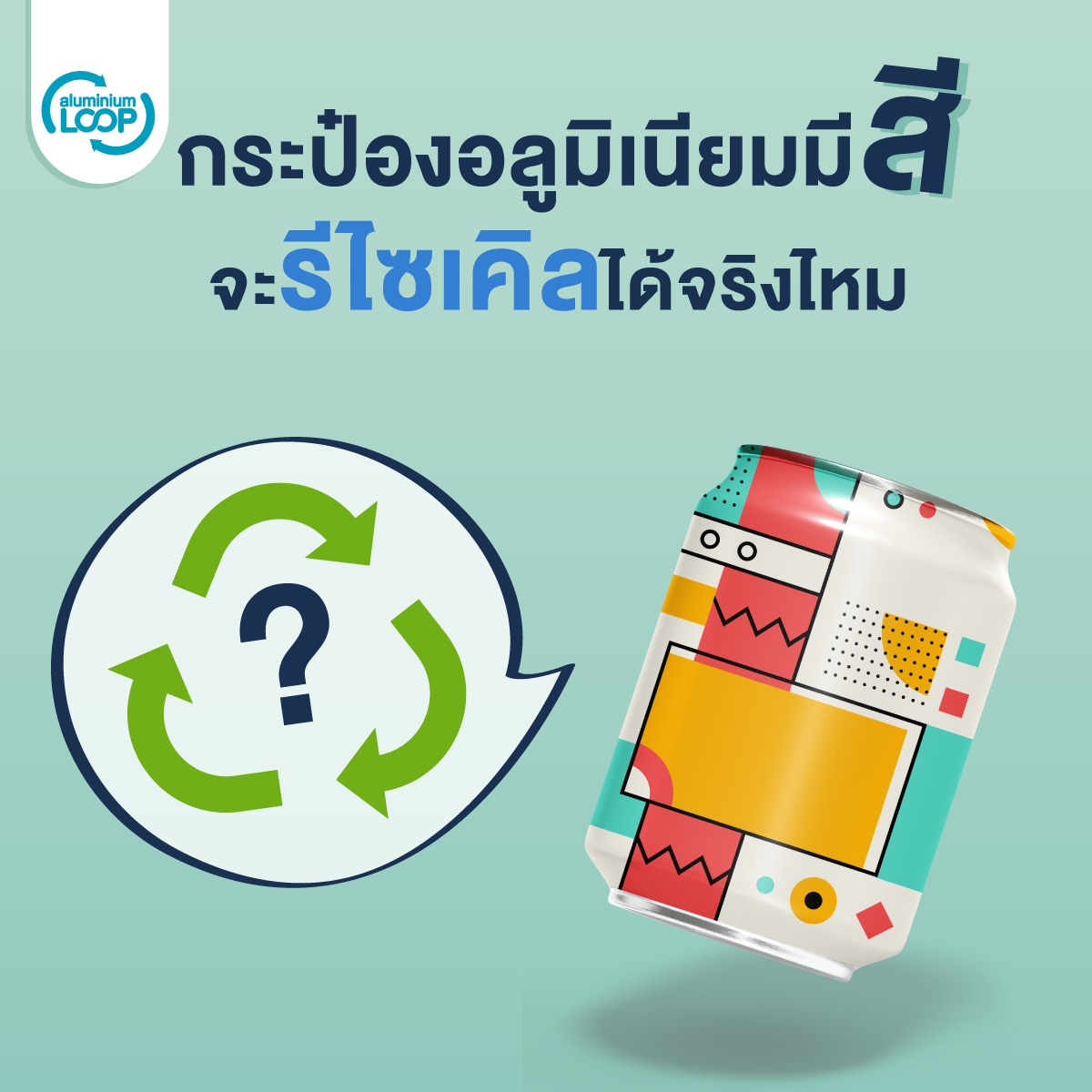
Can colored aluminium cans be recycled?
Aluminium cans, known as environmentally friendly packaging, are reputed to be fully recyclable. But does the color on the cans affect their recyclability?
Aluminium Loop would like to know, who separates the waste before throwing it away?
We all come across waste every day. Consumers have a key role in waste separation after consumption to make sure it goes to the right and effective disposal places.
Although it can be tough for many people, as a consumer, it’s important to recognize that we all contribute to generating waste. Being mindful of what we consume and showing responsibility for our consumption as well.
But what makes you consider starting to separate waste before throwing it away? Aluminium Loop invites everyone to hear from consumers as managers, working professionals, influencers, students, teachers, and businesspeople about their perspectives and approaches to waste management. This is shared through interviews in the EPR Series podcast episode titled “Exploring the Consumer’s perspective of Waste Separation.”
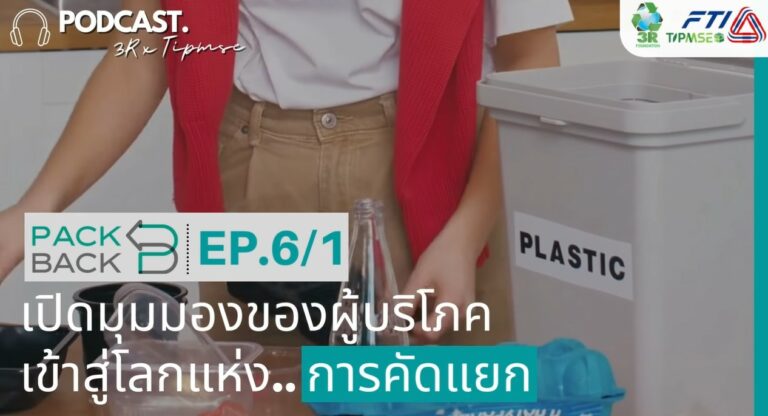
Nattawut Hengmon” (Audit and System Work, Federation of Thai Industries))
The office generates various types of waste, not just paper waste, which is the predominant type. There is also food waste and packaging waste, such as water bottles, which can be separated. Therefore, there is an initiative to encourage employees to be conscious about waste separation. This helps reduce the expenses associated with waste management for the office. Plus, the separated waste can be sold, increasing additional income for the organization.
Nuntivat Thamhatai (Director of Organizational Communications Relations and sustainability, Coca-Cola (Thailand) Co., Ltd.)
Starting to separate waste can begin with something as simple as separating wet waste from dry waste. After that, you can gradually separate it in more detail. Especially in today, where most waste can be processed in some way, if we collect and separate it properly before disposal, it can help reduce waste.
Chanut Wudhiwigaigarn (KongGreenGreen: Environmental and Waste Separation Influencer)
Today, environmental issues are something that people are broadly aware of, not just among adults, but also among the younger generation. Young people are showing interest and care for the environment, such as finding efficient ways to manage waste in small spaces like dormitories, for example sending plastics to the “Waste Loop,” bottle caps to “Precious Plastic,” or food waste to be converted into fuel at N15. Additionally, the younger generation who aspire to start their own businesses are conscious of being eco-friendly. They choose eco-friendly packaging for their coffee shops, even if it increases costs, as they understand that it offsets the expenses related to environmental restoration from waste issues in the long run.
“Being willing to bear the cost to make your business more
eco-friendly is a way of showing responsibility right from the start.” – Chanut Wudhiwigaigarn (KongGreenGreen: Environmental and Waste Separation Influencer)
Pataranan Khamsirinan (Environmental Engineering Student, Mahidol University)
Separating waste is a basic part of our daily lives. When we make a habit with the consciousness of separating waste before disposing of it, it’s a clear sign that we’ll have less waste to deal with in the future.
Sutisa Ketrom (Teacher)
In our community and schools, we have a lot of waste to manage. So, it’s important to encourage everyone to be mindful of waste separation and teach them how to do it correctly, including which bins to use for different types of waste.
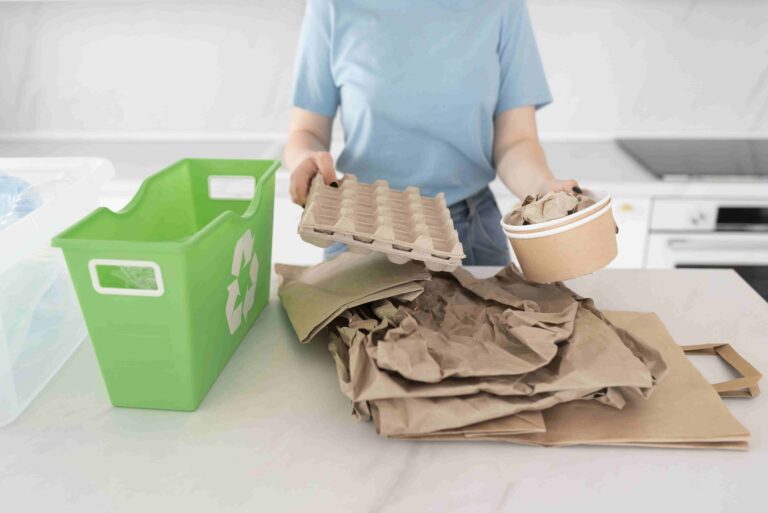
Nattawut Hengmon” (Audit and System Work, Federation of Thai Industries)
Everyone needs to be aware that they generate waste and what type of waste they produce. It’s important to categorize waste types so that those responsible for waste disposal can handle it more easily and safely.
However, a significant issue that causes people to not know how to separate waste and the consequences of not doing so is the lack of communication from relevant organizations related to waste management. For instance, knowing which days the waste trucks will come to collect specific types of waste. Better communication in the community would help households manage their waste more effectively.
Moreover being motivated, such as reduced waste collection costs for households that effectively manage their waste, encourages people to pay more attention to waste separation.
Chanut Wudhiwigaigarn (KongGreenGreen: Environmental and Waste Separation Influencer)
Many people want to make a positive impact on society, but in the past, it might have been challenging because of a lack of leadership, invitations, and accurate information. However, things are changing now. More people are sharing knowledge, and it’s easier to access information. Additionally, private sectors are stepping up to support waste management efforts, like setting up collection points at malls and gas stations. These changes are making it easier for everyone to get involved, learn, and collaborate for a better environment.
Pataranan Khamsirinan (Environmental Engineering Student, Mahidol University)
What motivates waste separation is probably the individual’s conscience and the awareness of the future consequences on ourselves, our society, and the world if we don’t take care of this issue.
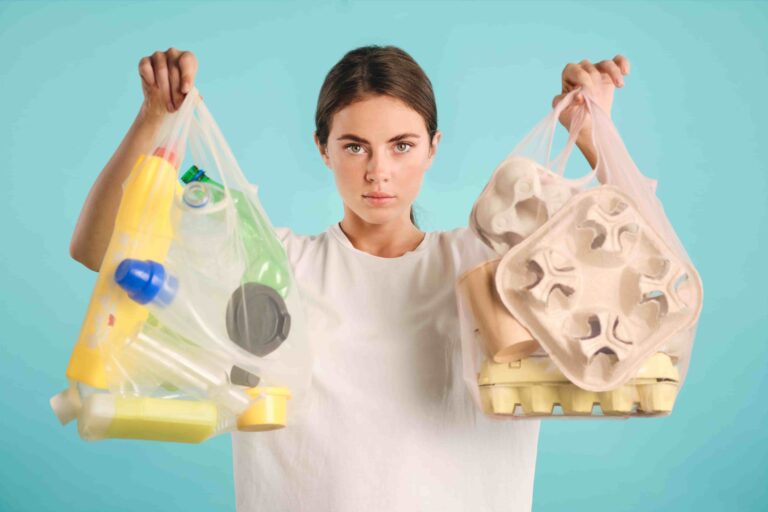
Nattawut Hengmon” (Audit and System Work, Federation of Thai Industries)
Waste is generated by people, so individuals should understand how their waste impacts the environment. Nowadays, many people create waste without realizing that there is a cost associated with its management. First and foremost, it’s essential to make them aware that they are the ones generating waste, and they may need to pay for waste management. However, if they fail to manage their waste or do it improperly, there should be penalties to encourage better waste management practices.
Nuntivat Thamhatai (Director of Organizational Communications Relations and sustainability, Coca-Cola (Thailand) Co., Ltd.)
If everyone is aware that we need to collectively take care of this world without waiting for someone to enforce it, we can start separating waste on our own. However, expecting everyone to think the same way might not be realistic, which is why there may be a need for laws to serve as a tool for everyone to adhere to together. Nevertheless, before implementing laws, it’s important to consider which aspects require legal enforcement, which can be achieved through advocacy, and which can be community-driven initiatives without the need for legislation. This is because enforcing laws can be challenging on a larger scale.
Chanut Wudhiwigaigarn (KongGreenGreen: Environmental and Waste Separation Influencer)
In Japan, they have a system of sorting waste into different colored bags based on the type of waste. They also provide additional information through posters and guides on which waste can be burned, which cannot, and what can be recycled. They also specify the appropriate colored bags to use. After the waste is collected by the authorities, it goes through a specific process, and they even have calendars indicating the days for collecting each type of waste. This makes the waste management system highly efficient.
“Having clear and strictly enforced regulations, along with well-defined destinations for different types of waste, makes people feel more motivated to separate their waste correctly.” – Chanut Wudhiwigaigarn (KongGreenGreen: Environmental and Waste Separation Influencer)
Sutisa Ketrom (Teacher)
There should be collective agreements or measures, including instilling the awareness of waste separation in young people continually until it becomes a habit and sets an example for others.
Nilubon Noomsakul (Seller)
Before implementing laws, it’s important to educate the public about waste separation, as well as provide clear explanations about the details of the laws and penalties.
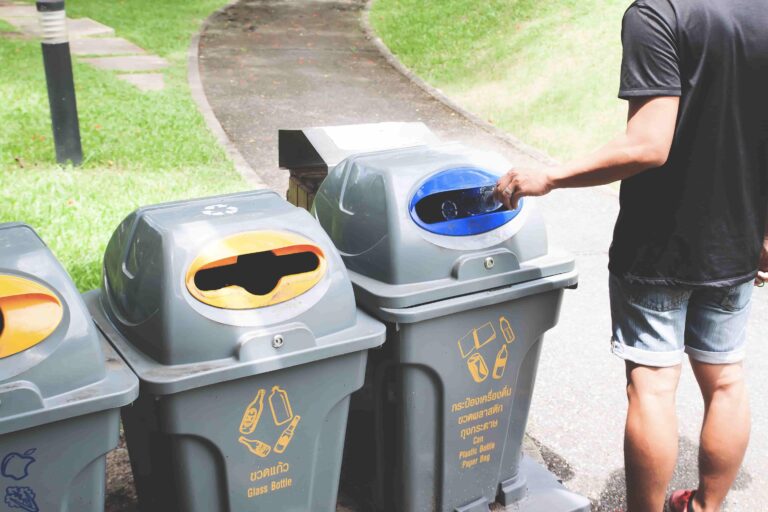
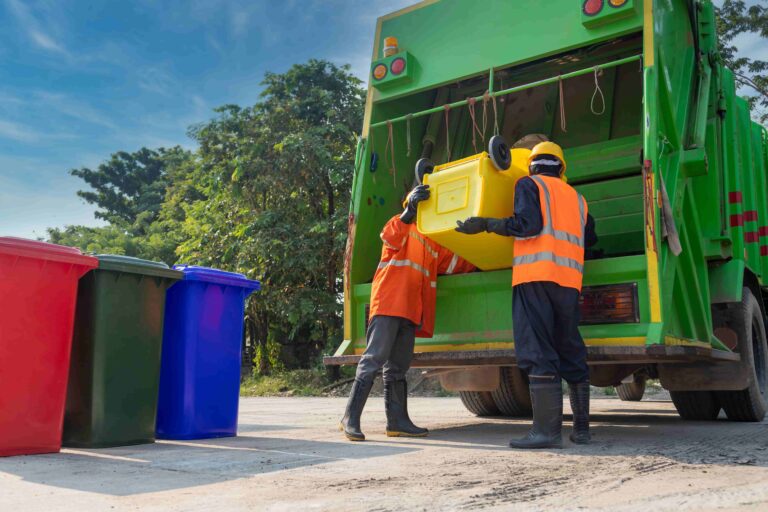
Nattawut Hengmon” (Audit and System Work, Federation of Thai Industries)
If there are clear indications that what people do has real benefits for themselves or if it’s a problem that affects their daily lives, considering the adaptability of Thai people, they are ready to take action.
Nuntivat Thamhatai (Director of Organizational Communications Relations and sustainability, Coca-Cola (Thailand) Co., Ltd.)
Many practices observed in other countries with efficient waste management systems didn’t happen within a year or two, or even a month or two. They often evolved through campaigns and legislative measures until they became societal norms that everyone adheres to. It’s important to understand that the context of Thailand is not the same as these other countries.
“One of the key factors indicating whether people will separate waste or not is to make waste separation easy first. It’s crucial to provide convenient facilities for sorting and clear instructions on which items go into which bins. When it’s easy and not complicated, there’s a better chance that people will follow through.” – Nuntivat Thamhatai (Director of Organizational Communications Relations and Sustainability, Coca-Cola (Thailand) Co., Ltd.)
Chanut Wudhiwigaigarn (KongGreenGreen: Environmental and Waste Separation Influencer)
In Mae Fah Luang, Chiang Rai, they have an excellent waste separation system, and they don’t even have landfills. This success might be due to the Doi Tung Development Project, which helps manage the waste. It’s a great example of starting from small and efficient units.
However, if we are talking about a nationwide system, it should begin with clear waste disposal guidelines. Currently, a significant portion of waste ends up in landfills, especially in Bangkok, where it accounts for around 80%. Only about 10% of the waste is recycled or reused, which doesn’t truly constitute effective waste management but rather shifting the burden to waste mountains and waiting for someone to find a use for it.
At the same time, it also needs to focus on the source of waste by encouraging producers and sellers to take more responsibility. This can be achieved through thoughtful design and production to create items that don’t result in a significant amount of waste (reduce before recycle). They should also be responsible for taking back post-consumer waste, such as cosmetic brands that have started opening collection points for used packaging to be recycled.
Pataranan Khamsirinan (Environmental Engineering Student, Mahidol University)
Some Thai people do not pay much attention to cleaning packaging before separating and disposing of it. They may just see it as trash and think that once they throw it away, it’s done. In the end, the waste trucks will have to take care of it. This can be a challenging problem to address, and it might be somewhat difficult to imagine the possibility of Thais cleaning their waste before separating and disposing of it.
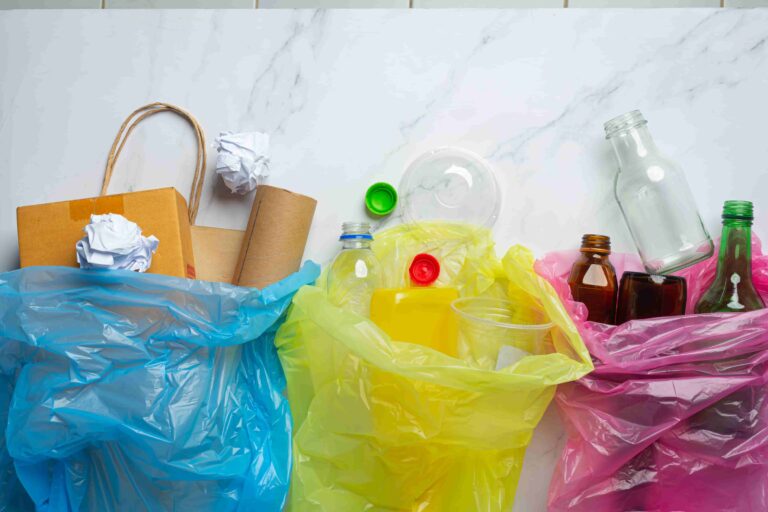
The perspectives of individual consumers on this matter may vary, and there might be some points of disagreement. For example, the possibility of changing the behavior of Thai people could be a topic where opinions differ. However, despite these differences, we believe that everyone wants to see Thailand have a better waste management system. Every consumer, regardless of their location or occupation, can start with themselves by separating and disposing of waste properly as much as they can, until it becomes a habit and eventually a way of life.
As for your opinion, what do you think?
Listen to the podcast EPR Series: Opening up Consumers’ Perspectives to the World of Waste Separation for more insights at:
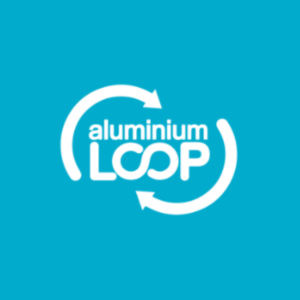

Aluminium cans, known as environmentally friendly packaging, are reputed to be fully recyclable. But does the color on the cans affect their recyclability?
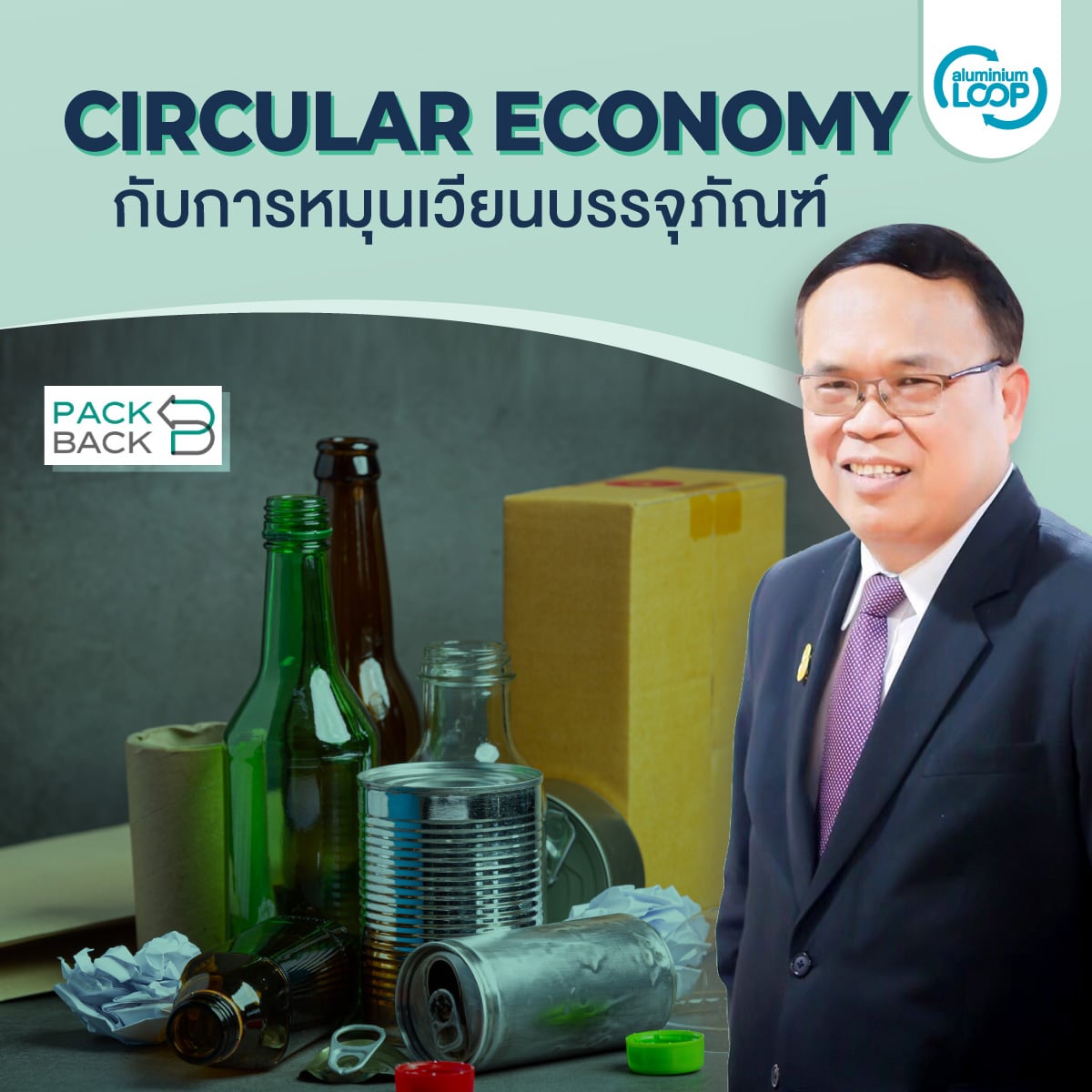
How important is the Circular Economy to Thailand? How is it being driven forward, and what other related issues are there? Let’s find the answers.
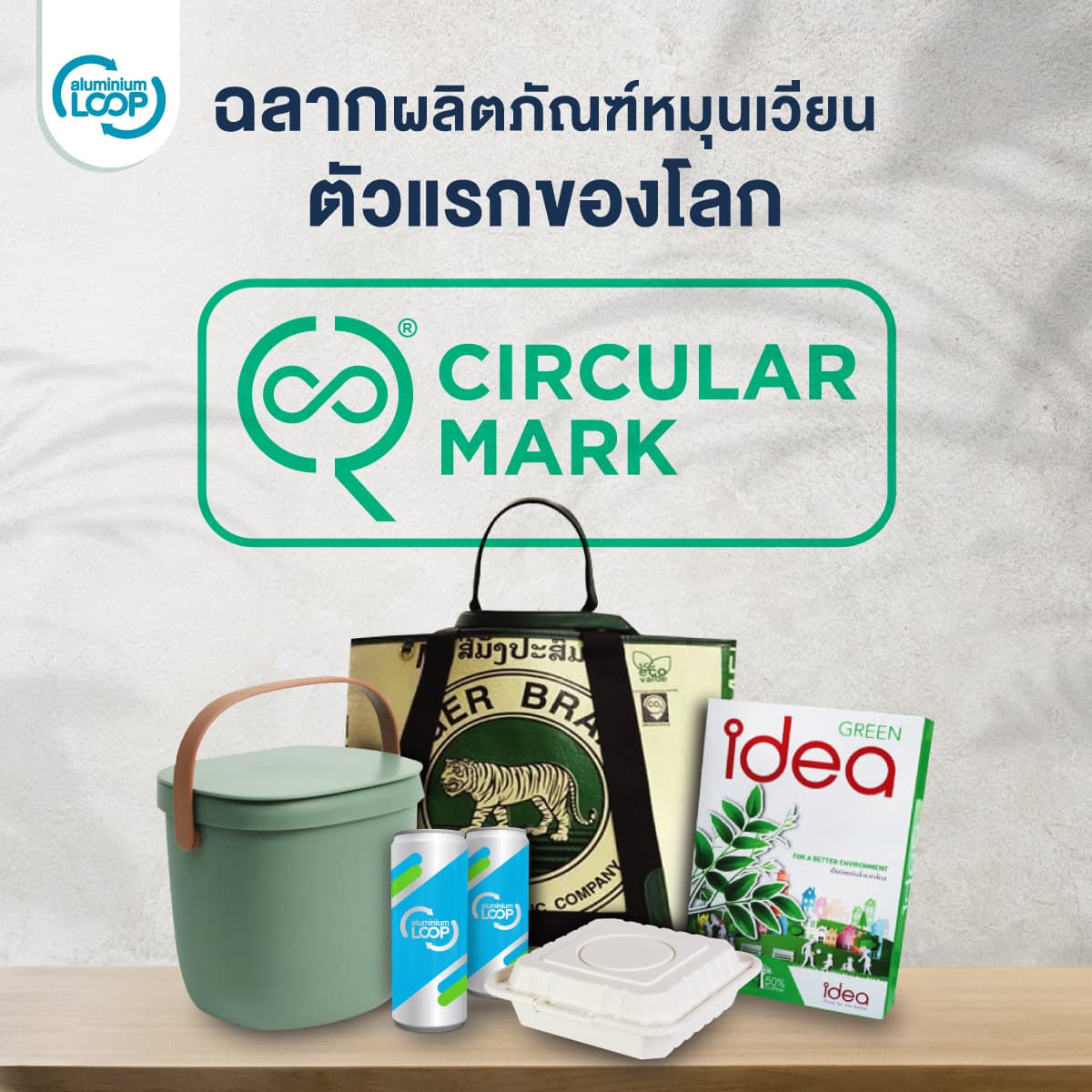
Another factor that modern consumers look for is a mark indicating that a product or its packaging is environmentally friendly.